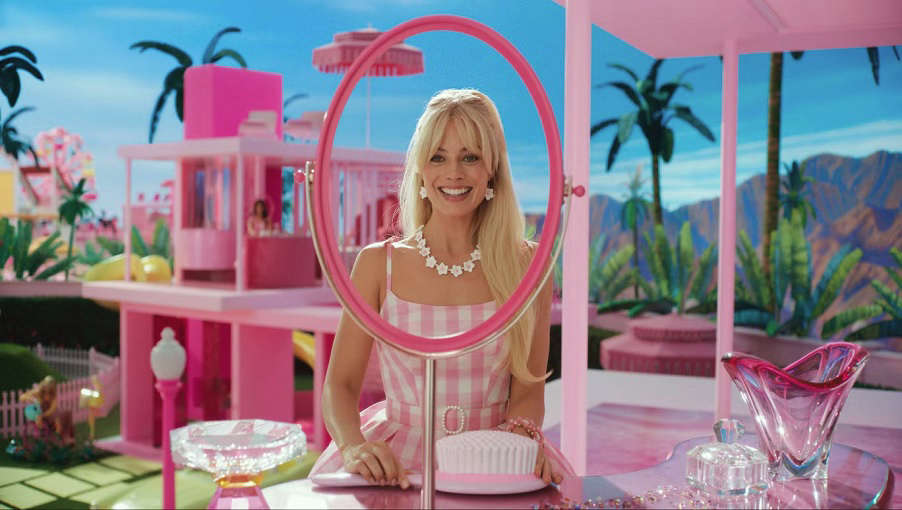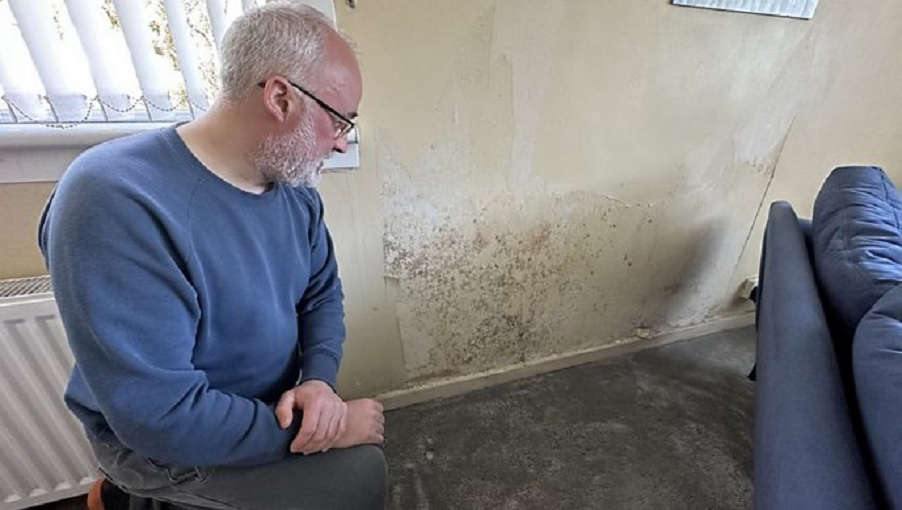

So 2022 was a mess: what about 2023?
Posted: Monday, December 12th, 2022

Goodbye 2002, it’s been emotional, frustrating and annoying. At the start of this year, having put COVID in the rear-view mirror, there was optimism that better times lay ahead. Unfortunately, it didn’t quite work out that way. A war in Ukraine, and an international energy crisis set the scene for one domestic crisis after another. This time last year, we suggested seven great ideas for the construction sector to get cracking with this year. After 12 months the only thing that really improved was the reduction in COVID cases. The pandemic now seems so remote, even Matt Hancock has felt it safe to return to public life. Speaking of government, the Tories’ brand of comedy politics resulted in no progress being made on the industry’s skills shortage, van and tool theft, cowboy-builders, or improving sustainability in the building sector. We had hoped that the then construction minister, Lee Rowley would remain in situ until the end of the year. As it is, we’re on our fourth construction minister this year, and third prime minister. As for mental health, the ONS figures released in December showed an increase in suicides in 2021. Of the 507 people working in construction occupations who took their lives, 503 were male. At least the materials market started to normalise – up to a point. Items that require large amounts of energy to make, (such as bricks, glass, steel) or need microprocessors all remain expensive and at the mercy of further price increases. But what now for 2023? In all likelihood tradespeople face a tough year as the cost-of-living crisis, double-digit inflation, sky-high fuel and food prices and, and high mortgage rates stall demand for home renovation, improvement and maintenance work, and the new housing market slows. Given the gloomy economic outlook, here are some of the predictions for next year. 1 – Skills: If there is a bright side, it’s that you’re a skilled worker at a time when there is a global shortage of tradespeople. You’re in a strong position to find work, but don’t be surprised if you have to travel further, or if you have to go subbin’. Despite the government’s renewed commitment to vocational education in the recent autumn budget statement, there is unlikely to be an improvement in the short to near term figures of young people entering the trades. If anything, during a recession, training roles are cut. Try to remember that good apprentices help you to grow your business. 2 – Energy costs drive home improvement market: High energy costs will push wealthy consumers to invest in insulation, low-carbon heating systems and solar PV, as they try to reduce bills. After a slow start, the Boiler Upgrade scheme is working – more people are switching to heat pumps. This programme has just scratched the surface. The UK has the most energy inefficient buildings in Europe and it needs fixing if the country is to meet its net zero carbon ambitions. That presents an opportunity for tradespeople with the right skills. How quickly that market emerges is debatable. 3 – Mental health: Superficially at least there appears to be much greater awareness around mental health in the building sector, but there is a long way to go. Speaking on The Clive Holland Show earlier this year, Bill Hill, CEO of the Lighthouse Charity estimated that 90% of the workers it saw on-site as part of its Make It Visible campaign were unaware of the charity and the scale of the problem. As this year will probably be tough for many in the trades, let’s all make a concerted effort to keep an eye on our friends and co-workers. (See our Mental Health Week). 4 – Van and tool theft: The problem continues to be overlooked by lawmakers and the police alike. A couple of positive points – the police are recruiting another 20,000 officers; and the government has given itself a 20% crime reduction target. But on the ground the situation hasn’t changed and it’s probably best to assume it won’t. The best approach to protect your van, tools and livelihood is to invest in additional security and insurance. (See Anti-Tool Theft Week). 5 – The construction minister: The construction minister is supposed to act as a bridge between the industry and the government, but for the last six months the role has been effectively empty. The construction sector makes up nearly 10% of this country’s GDP and plays a vital role keeping the wheels of the wider economy turning, so you hope the current incumbent, Nusrat Ghani sits up, takes notice, engages the industry and decides she can make an impact. Over to you Ms Ghani.
Trending Stories
-
 Being a plumber, electrician and gardener is the best way to stop AI taking your job
Being a plumber, electrician and gardener is the best way to stop AI taking your job
If you want to avoid artificial intelligence taking over your job in the future, learn a trade
-
 Essex electrician has roundabout signs rejected
Essex electrician has roundabout signs rejected
A sparkie’s bid to sponsor signs on two roundabouts has been refused by planning chiefs who described them as “clutter”
-
 Barbie caused a ‘worldwide’ shortage of pink paint
Barbie caused a ‘worldwide’ shortage of pink paint
Barbie needed so much fluorescent pink paint that it caused a worldwide supply shortage for an entire company
-
 Builders find body of man murdered in the 1960s and buried in back garden
Builders find body of man murdered in the 1960s and buried in back garden
A woman who bought a South London house was left horrified after builders discovered the body of a man murdered in the 1960s and buried in her garden 14 months after she moved in
-
 'Government insulation scheme ruined my home'
'Government insulation scheme ruined my home'
A home-owner said his flat has been ruined by black mould caused by a government "green" insulation schem